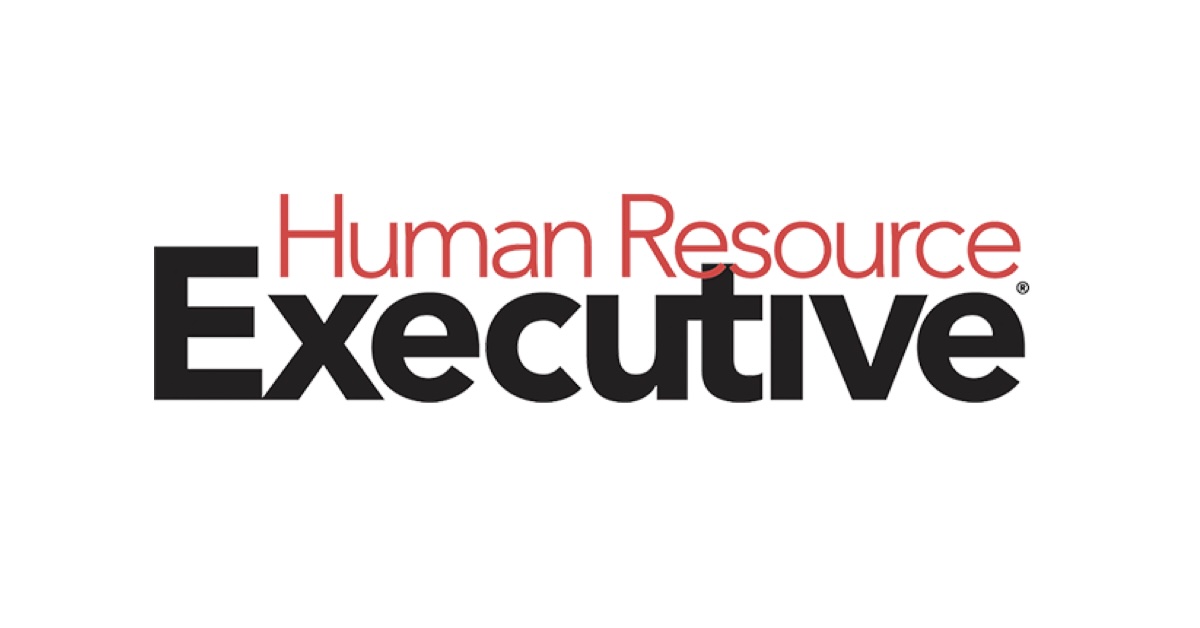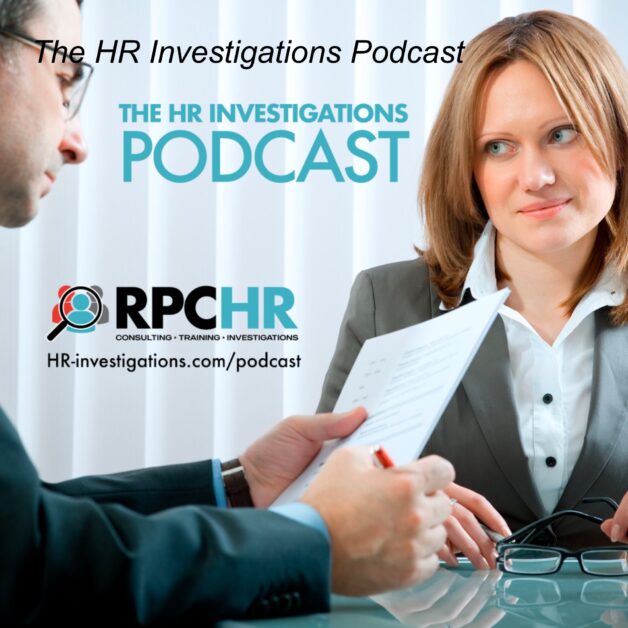HR is a public relations role.
Yes, I realize that most people disagree with me on this thing. They see PR as the people who send out press releases to try to get a new product promoted and to offer hapless executives as guests on podcasts. But, what is public relations other than dealing with the public?

Who deals with the public? HR and ER.
Some directly and some indirectly.
Recruiters work with people outside the company every day. Remember, it’s not just about “talent acquisition” where you just pluck a new candidate off the shelf and slot him into the job as an accountant; it’s about representing the company as a place that this person would want to work. It’s about showing non-employees (AKA the “public”) that your company is a great place to work. It’s brand-building at its best!
But what about other HR jobs? An employee relations specialist or a business partner meets with internal people only. They don’t need to worry about what the public thinks, right?
Well, who are your company’s most prominent ambassadors? Your employees. And who do employees think makes all the rules and decides who is hired and who is fired? HR.
Even though HR people know that we don’t make the final decisions, employees think we do. They blame us when things go wrong. And where do these employees go? The internet. Instagram. Facebook. Twitter. Reddit. And they badmouth the company. If it goes viral, it’s a PR disaster–one that HR could have (possibly) prevented.
This is not to say that everything an employee writes on the internet is true. And it’s not to say that we should not discipline or terminate employees because we’re afraid of Twitter. But, we must think through how what HR does reflects on the company. And as such, we need to train our HR staff a bit in the art of public relations. Here are some suggestions.
You always represent the company (even when your social media profile doesn’t hint at what you do).
No one is anonymous on the internet. Oh sure, tons of people don’t post under their real identities, but if you say something horrible, it will take internet sleuths 30 seconds to uncover your real name. Even if you don’t follow or friend people from work, you’re still representing the company.
The U.S. election is over now, but if you were loudly on Twitter saying how you thought people who supported your unpreferred candidate were stupid, what would your employees think of you? You lose the trust of some of your employees if you loudly proclaim that you hate them and think of them of subhuman.
Remind your HR staff that they need to be thinking about how this looks to employees and the public when they post on social media.
You need to think about how this will look on the internet.
This is not advocating for mob rule — sometimes you need to make hard decisions. But, sometimes you need to stop and think about if your action is worth the potential blowback. For example, Sherwin-Williams just fired someone who was making videos while at work.
Clearly, this is something that most HR people would stand up and say that’s absolutely the right decision. You cannot have employees making videos while at work. But, we know about this because the fired employee was on TikTok as @tonesterpaints, who currently has over 1.5 million followers.
The story blew up and Sherwin-Williams got a lot of bad press–not only about their decision to fire Tonesterpaints, but because they threw away a prime marketing opportunity.
An HR person who was thinking like a PR person could have stepped in and said, “Look, filming on company time is a bad thing, but when you fire someone with over a million followers, it will not go well.” It needed to at least be a discussion.
And maybe they had it and decided that they needed to apply the rules evenly to everyone. That’s fair. But, that discussion needs to happen.
Every employee carries a recording device all the time.
Unless you collect everyone’s smartphone when they walk in the door, your employees all walk around with cameras and recording devices all day. And even though you may have a policy against recording people in the office, you need to assume that they are recording you.
And when will they be most likely to record? When meeting with an HR person to discuss a performance problem or a termination. Your ER staff need to act as if this conversation will show up on the internet. Professionalism needs to be impeccable.
Thinking about what outsiders think can be a new mindset for HR, but that’s the HR world we live in. All eyes are on us and transparency is key.
Want to provide even more transparency across your organization? See how HR Acuity can help you manage employee issues the right way. Request a demo at www.hracuity.com/demo




